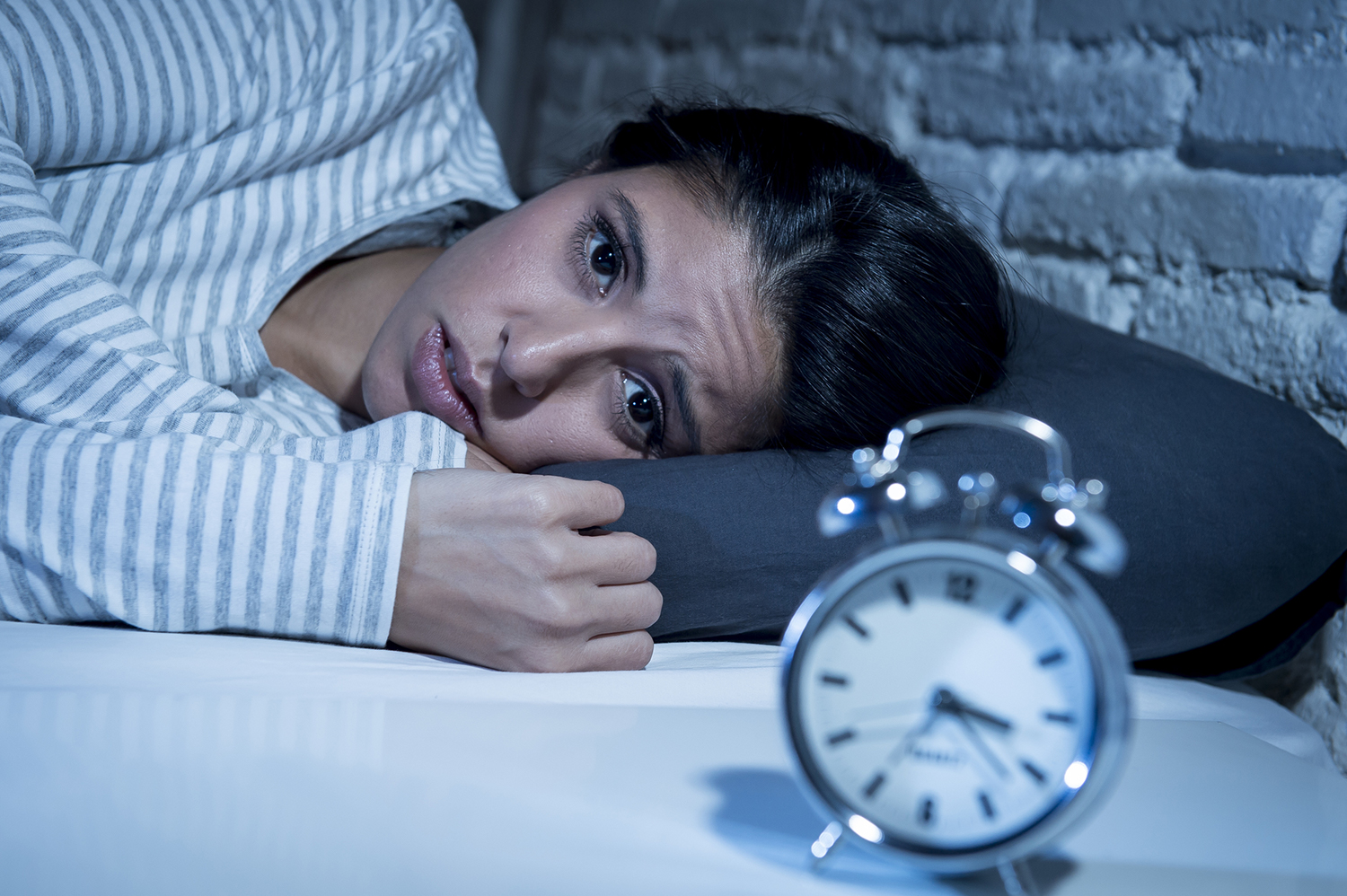A bowl of spicy chili late at night may give you nightmares (or at least heartburn).
But scientists are being to understand that what you eat overall—your daily and long-term diet—contributes to your sleep patterns more than was previously thought.
Food and Sleep Study
Researchers at the University of Pennsylvania’s Perelman School of Medicine explored the connection between what we eat and our sleep patterns.
General Diet
-
Very Short Sleepers: < 5 hours a night
- consumed the least amount of calories
- tended not to have a balanced diet
-
Short Sleepers: 5-6 hours a night
- consumed the most calories
-
Normal Sleepers: 7-8 hours a night
- more likely to eat the most balanced diet
- more likely to eat the greatest variety of food
Key Nutrition
Several nutrients played a central role in sleep patterns.
-
Very Short Sleep
- more lycopenes (found in red or orange foods, such as tomatoes)
- more total carbohydrates
- less tap water
-
Short Sleep
-
Long Sleep
- lower levels of:
- theobromine (found in chocolate and tea)
- choline (in eggs and fatty meats)
- dodecanoic acid (saturated fat)
- more
- lower levels of:
Conclusion
So what's the take-home message?
“Short and long sleep are associated with lower food variety,” summarized Michael Grandner, PhD, member of the Center for Sleep and Circadian Neurobiology at the University of Pennsylvania.
It turns out not only is variety the spice of life, it helps you sleep better too!





